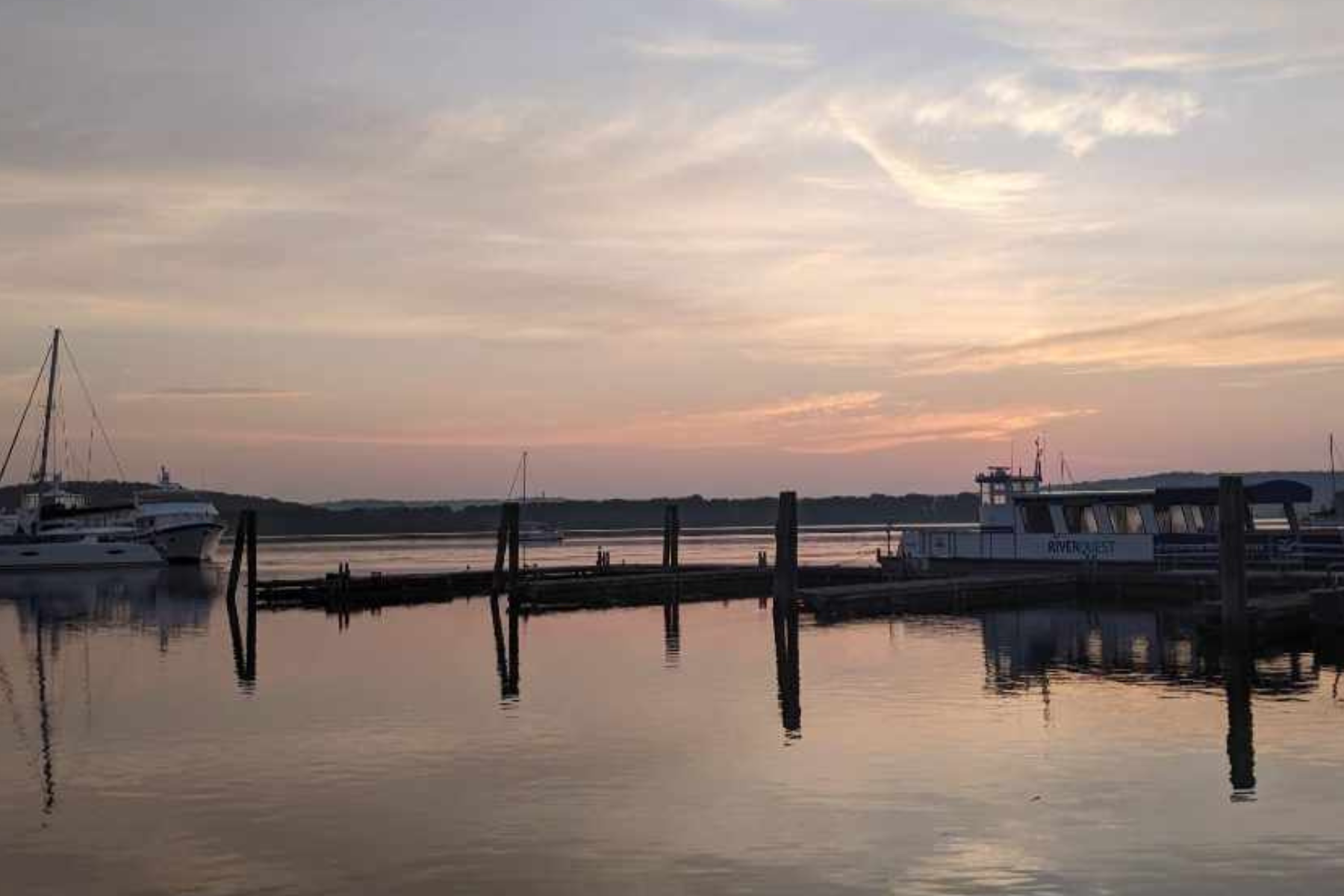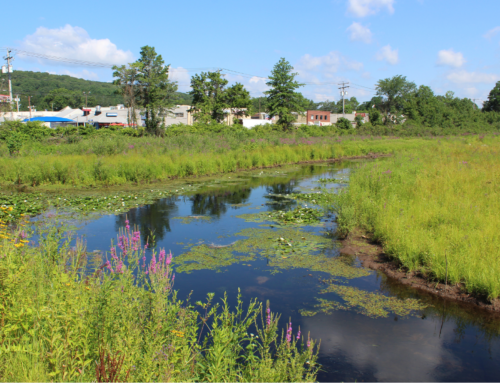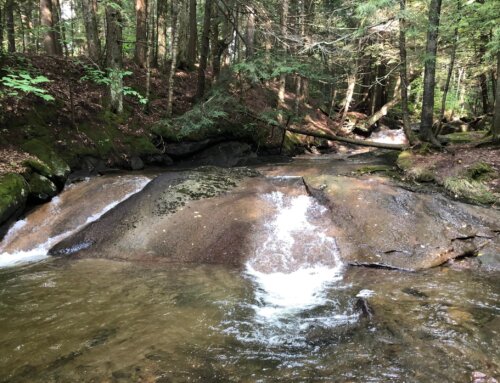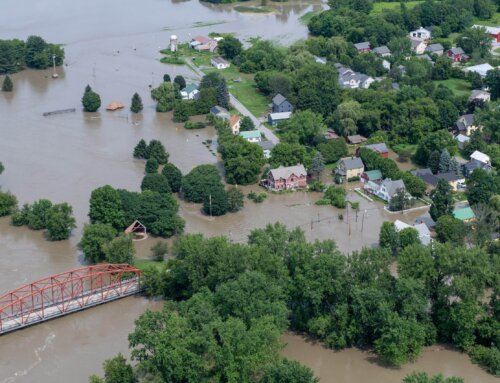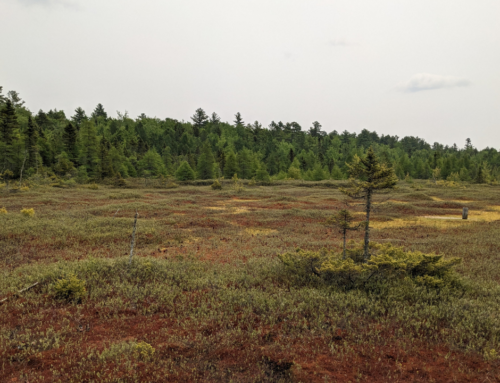Connecticut River Conservancy Testimony in OPPOSITION to SB 300 An Act Concerning Natural Gas Capacity and the Renewable Portfolio Standard
March 6, 2024
To: Honored Co-Chairs, Sen. Needleman and Rep. Steinberg, and distinguished Members of the Energy & Technology Committee
I am writing on behalf of the Connecticut River Conservancy; we are an environmental nonprofit dedicated to protecting the entire Connecticut River valley through initiatives that support clean waters, healthy habitats and thriving communities. We are strongly opposed to SB 300, especially as it erodes environmental guardrails for hydropower.
Hydropower can have substantial impacts on river health by blocking fish passage, dewatering areas where fish and other wildlife raise their young, and eroding habitat along riverbanks causing water levels to fluctuate up and down unnaturally. Our organization routinely advocates for the river in proceedings with hydroelectric facilities in other states in the watershed to push for strong environmental protection. Upstream we deal with facilities that impact access to recreation, dewater rivers, decimate fish and other aquatic species, and erode streambanks all while profiting off of a public trust. While hydropower is less carbon intensive than “non-renewable” sources of energy, it still has measurable and long-lasting negative impacts on rivers and their associated ecosystems. Therefore, the environmental attributes required for hydropower to be included in any Class of the Renewable Portfolio Standards is essential and necessary.
We understand the need to make energy more affordable. But we must not do so by removing ecological standards and giving preference to hydropower generation projects that are not environmentally sound. We appreciate that Connecticut currently has basic environmental protection for our waterways in our statutes – we should not remove those and move backwards. We urge you to not pass this bill.
Connecticut River Conservancy Testimony in SUPPORT of SB 292 An Act Concerning the Use of PFAS in Certain Products
March 8, 2024
To: Honored Co-Chairs, Sen. Lopes and Rep. Gresko, and distinguished Members of the Environment Committee
I am writing on behalf of the Connecticut River Conservancy (CRC); we are an environmental nonprofit dedicated to protecting the entire Connecticut River valley through initiatives that support clean waters, healthy habitats and thriving communities. I am writing to support SB 292, as it will help address the problem of PFAS contamination in our state, safeguard our ecosystems, and protect public health.
The manufacturers of PFAS have known for decades that these “forever chemicals” are harmful to human health and that they persist in our environment. Despite this, PFAS are being increasingly used in consumer products, often without the consumer’s knowledge. PFAS are found everywhere scientists have gone looking for them – groundwater, surface water, fish, animals, humans, etc. We need strong regulations to limit the use of PFAS and prevent them from entering our environment.
In conclusion, I urge you to support SB 292 and take decisive action to regulate the use of PFAS in consumer products. By enacting stringent regulations and investing in monitoring and remediation efforts, we can protect our rivers, ecosystems, and communities from the harmful effects of PFAS contamination.
Connecticut River Conservancy Testimony in SUPPORT of HB 5004 An Act Concerning the Implementation of Certain Climate Change Measures
March 8, 2024
To: Honored Co-Chairs, Sen. Lopes and Rep. Gresko, and distinguished Members of the Environment Committee
I am writing on behalf of the Connecticut River Conservancy (CRC); we are an environmental nonprofit dedicated to protecting the entire Connecticut River valley through initiatives that support clean waters, healthy habitats and thriving communities. I am writing in strong support of HB 5004 as it is a crucial step in the right direction towards addressing and mitigating climate change in our state. I particularly want to highlight and celebrate Section 22, which focuses on nature-based solutions.
Riparian buffers play a vital role in maintaining the health and resilience of river ecosystems. These areas serve as critical wildlife habitats and provide numerous ecosystem services such as filtering polluted runoff, erosion control, and flood mitigation. However, riparian areas across our state are facing increasing pressures from development, pollution, and climate change, threatening their integrity and functionality.
The proposed nature-based solutions program outlined in the bill offers a comprehensive approach to addressing these challenges and safeguarding our riparian areas and river ecosystems. By prioritizing the acquisition of land and conservation easements in riparian areas adjacent to cold water streams, the bill recognizes the importance of protecting these sensitive habitats and the species they support.
Additionally, the bill proposes a collaborative approach. Connecticut will work with other northeast states and federal agencies to develop a coordinated regional adaptation and conservation approach, which will lead to effective and strong strategies for protecting river ecosystems and human communities on a broader scale.
I urge you to support HB 5004 for a more resilient Connecticut. We need to work with nature not against it, if we want to adapt in a changing climate, and nature-based solutions will help us do that.
Thank you for your consideration. I may be reached at rdrozdenko@ctriver.org or 860-929-8021.
Rhea Drozdenko (she/her/hers)
River Steward


